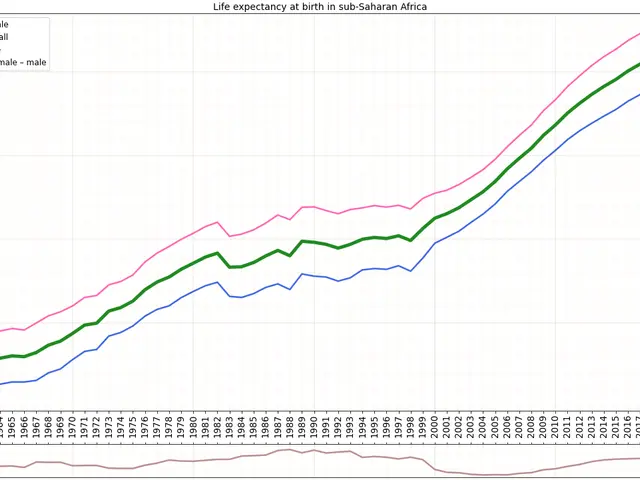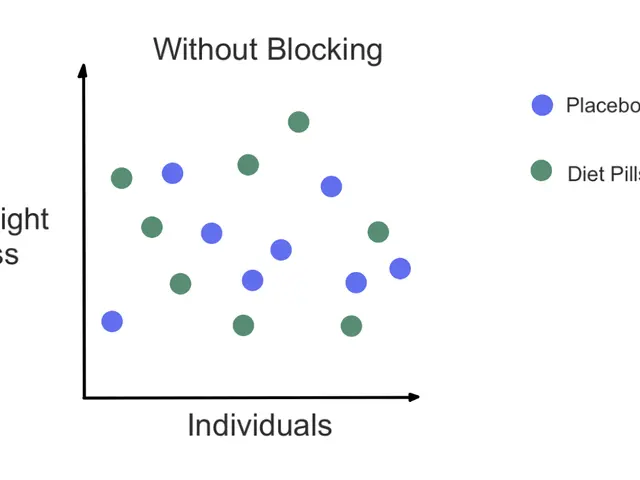Scientists Create Functional Human Eggs from Skin Cells
Scientists have made progress in creating functional human eggs from skin cells, a breakthrough that could help women with age-related or medical infertility. However, significant challenges remain before this method can be used clinically.
In a recent study, researchers successfully induced a process called mitomeiosis to discard one set of chromosomes from cells, allowing them to undergo specific nuclear division typically seen only in eggs or sperm. This method overcomes a longstanding obstacle in creating eggs from non-reproductive cells.
The study resulted in 82 functional modified eggs, with 9% developing to the blastocyst stage, a crucial step before implantation. However, most eggs created via mitomeiosis did not progress beyond the 4- to 8-cell stage and displayed chromosomal abnormalities. While these results are promising, they also highlight the need for further refinement.
The potential of creating functional human eggs from skin is significant, as it could provide an alternative for women struggling with infertility. However, the current success rates are low, and at least a decade of further research is needed before the approach could advance to a clinical trial. The process involves removing the nucleus from a cell and inserting it into an egg without a nucleus, offering hope for future advancements in reproductive medicine.
Read also:
- Impact of a Government Shutdown on Citizens
- Medical Specialist Based in Visakhapatnam
- Individuals in New York afflicted by Legionnaires' disease have legitimate legal entitlements. Here's some essential information on the matter.
- Toxic Shock Syndrome: Signs, Origins, Tampon Connection, and Further Details







